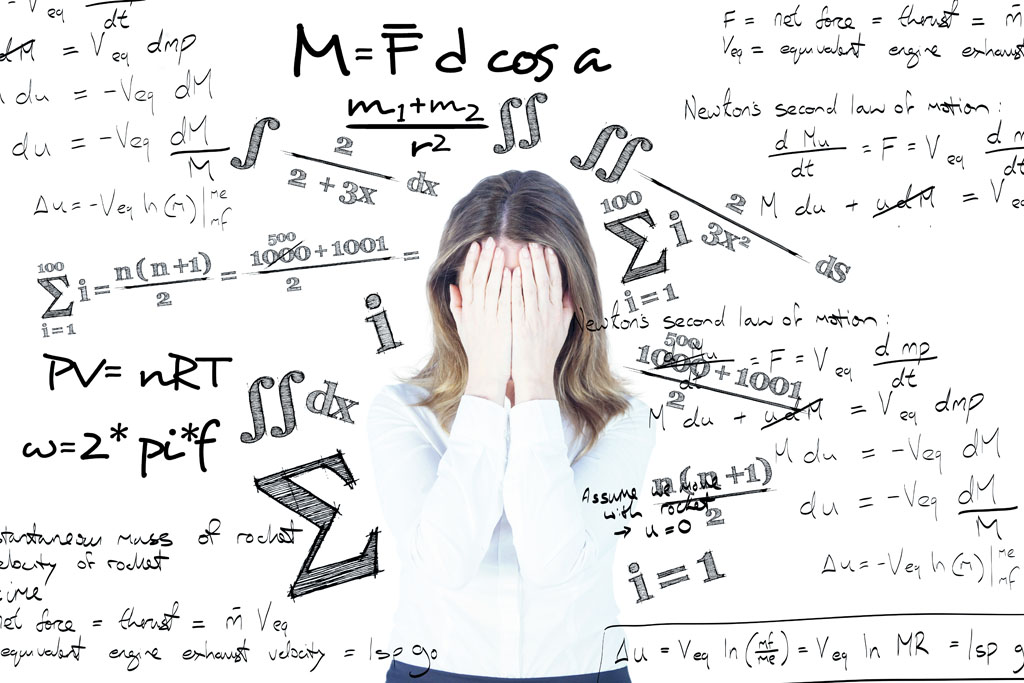What are the signs and symptoms of dyscalculia?
Individuals with dyscalculia may have trouble understanding math symbols, have difficulty telling time, have trouble with memorizing and organizing numbers, and have trouble counting. Other symptoms can include:
- Difficulties understanding and completing word problems
- Trouble sequencing events or information
- Difficulty in putting language to math processes
- Trouble making change/handling money
- Trouble with place value, carrying/borrowing, positive/negative values, etc
- Difficulty understanding concepts of time, like days/months/quarters/seasons
- Trouble finding different approaches to the same problem
- Trouble with measurements for ingredients for recipes, etc.
What causes dyscalculia?
The exact causes of this learning disorder aren’t known, but there are some possible causes that have been explored, including:
- Genetics: dyscalculia tends to run in families
- Brain development: brain scans have shown that the brain structure and function is different in certain areas in those with dyscalculia
- Environment: the learning disorder has been associated with low birth weight, prematurity, and fetal alcohol syndrome
- Brain injury: some individuals develop dyscalculia after a head injury; this is often called “acquired dyscalculia”
Can I go to graduate school with dyscalculia?
Of course! There will be challenges, but everyone faces challenges in graduate school. It’s important, though, that you provide the disabilities services office documentation of your dyscalculia, so that they can help provide accommodations for you. These accommodations might include test-taking accommodations like a different room or longer testing time, alternative text services like different ways of printing the math problems, note-taking services, tutors, and more. Talk with your professors about what you need and what works best for you, and don't be hesitant about seeking help at the academic center or tutoring center.
Did you know that Dissertation Editor has a specialized stats team that can be of assistance? Our expert mathematicians and statisticians can provide one-on-one, personalized tutoring and guidance to help you better understand concepts and theories, can provide assistance with math or statistics classes, and guide you through your data analysis for your thesis or dissertation. You do not have to face this alone – we can help. Contact us today to learn more!
